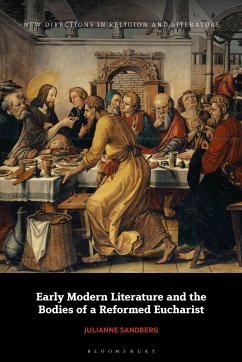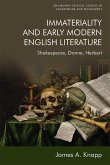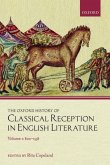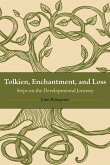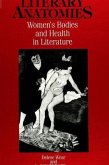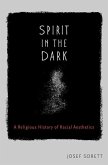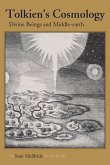"Examining what the eucharist taught early modern writers about their bodies and how it shaped the bodies they wrote about, this book shows how the exegetical roots of the Eucharistic controversy in 16th century England had very material and embodied consequences. Sandberg provides new insights into how Edmund Spenser, William Shakespeare, John Donne, and Aemilia Lanyer use the reformed eucharistic paradigm to imagine the embodied significance of the sacrament for their own bodies, the bodies of their narrative subjects, and the body of their literary work"--
Hinweis: Dieser Artikel kann nur an eine deutsche Lieferadresse ausgeliefert werden.
Hinweis: Dieser Artikel kann nur an eine deutsche Lieferadresse ausgeliefert werden.

